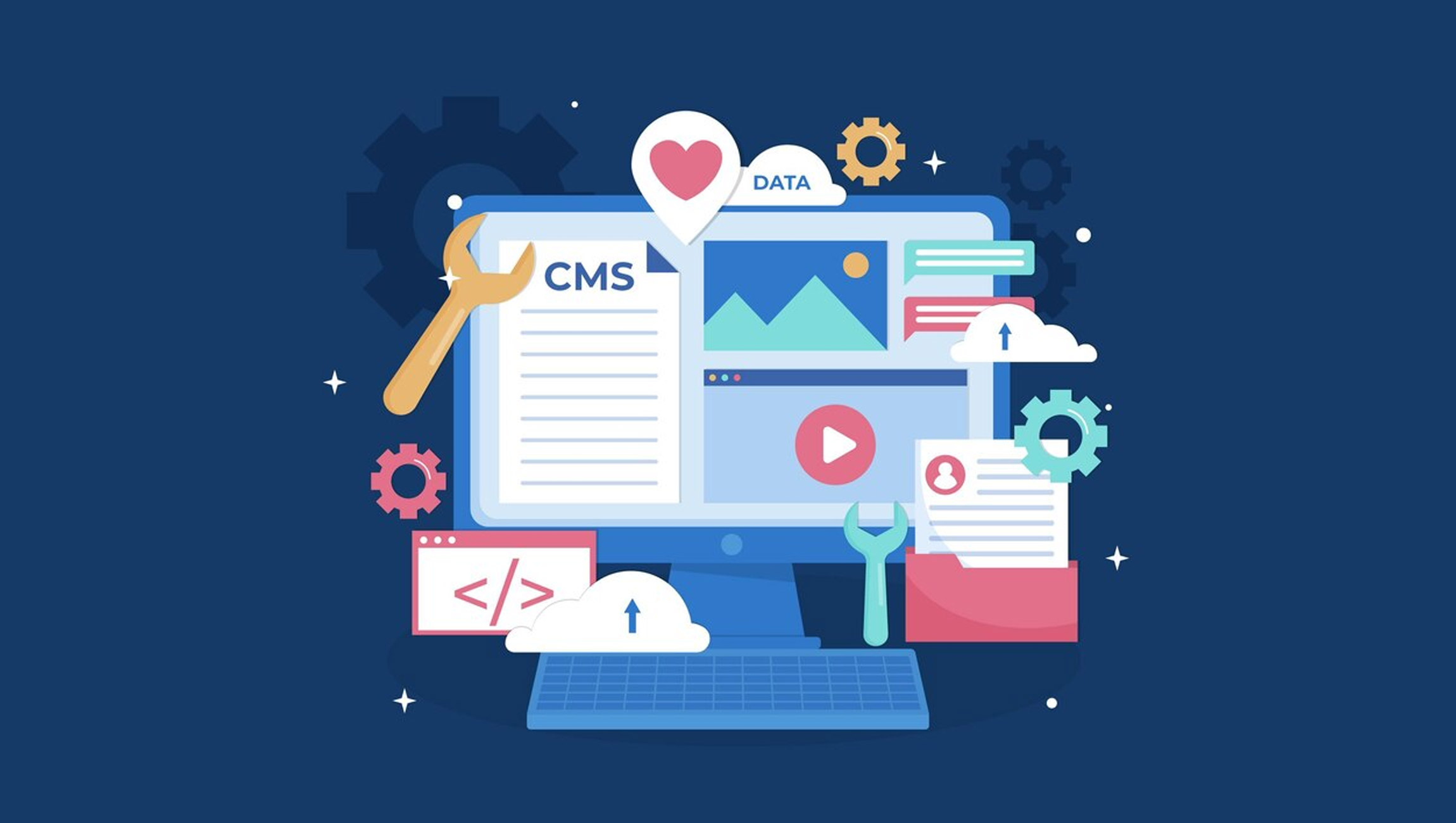For small business owners, SEO is always a calculus between the amount of time and resources available to invest and the perceived ROI. In 2024, it may feel like ROI is harder than ever to forecast.
I’m here to provide you with a clearer picture of both the investment involved and the environment you’re competing in this year so that you can decide for yourself whether SEO is worth your time and, if it is, how to play to your advantages for better visibility in the search results.
AI can jumpstart your SEO journey
Generative AI technologies, like ChatGPT, offer a lot of ways to augment your productivity and can help give you a much-needed boost.
Here are some common ways SEOs use generative AI in an SMB setting:
| Generating lists of potential topics | This isn’t the same as keyword research (because ChatGPT can’t provide search volume, keyword difficulty, etc.), but you could use it as an initial stage of your content planning. |
| Creating content briefs | Creative and detailed prompts help ChatGPT generate content briefs that, with some editing, could yield effective content. |
| Title tag and meta description optimization | You can apply generative AI to create compelling title tags and descriptions of your content. |
Remember, if you want to get the best results, you’ll need to thoroughly review and edit your ChatGPT outputs. If you’re using the free version of ChatGPT (3.5), the data cutoff date is January 2022, meaning that the tool doesn’t have any access to newer information.

Keep this in mind as you evaluate ways to use ChatGPT to improve your SEO workflows.
You have expertise—put it to use for better SEO
Many SEOs agree that Google will prioritize surfacing content that showcases first-hand experience. The company hinted at this when it added “experience” to its “Expertise, Authoritativeness, and Trustworthiness” (E-A-T) search quality rater criteria.
That means small business owners should use their experience to inform and distinguish their content. This is how SMBs can hold their own against a wave of automatically generated content.
The great thing about this advantage is that you already have it at your disposal—you know exactly what goes into your product or service and why. For example, if you own a regional chain of boba tea shops, explain how to cook the perfect tapioca. If you’re a car dealership, explain what exactly “certified pre-owned” actually means. Answer these questions on your website to provide insight that ChatGPT can’t match.
SEO is more accessible than ever
As competition for top rankings on valuable search terms has gotten more fierce, it’s become easier than ever to learn the strategies and tactics that facilitate top-ranking content.
Let’s look at this from three important angles:
- Google’s guidance
- SEO education
- Technology
Google says create “people-first” content
Google’s Helpful Content Update sent an unambiguous signal throughout the SEO industry: create content with people in mind—not for the specific purpose of ranking well in search results.
Do not overthink this: Refer to the screenshot above and the common sense questions that Google asks. Get into your audience’s mindset to see their curiosities and priorities from their POV as the end-user instead of as a business owner that needs to “figure out” SEO. The former is more likely to help you sustain growth over the long term, while the latter is likely to result in short-sighted decisions.
Even if you’ve made some SEO choices that have you on the losing side of a Google algorithm update, the search engine’s guidance on recovering visibility remains consistent with creating people-first content—improve your content quality and showcase better experience, expertise, authoritativeness, and trustworthiness.
SEO has never been easier to learn
Companies are literally competing to teach you SEO for free. It’s a crowded field—every major SEO tool provider, agency, and even the search engines themselves publish content on SEO. We’re all leveraging the strategy that I mentioned above: by showcasing our experience and expertise in SEO, we hope to be seen as authorities and instill trust with potential users.
The majority of this content is free for everyone, and much of it is written for SMBs. There are even multiple mediums to learn from, including blog posts, videos, podcasts, webinars, etc.
At the bare minimum, you should get familiar with basic concepts so that you know how to hire an SEO agency (and not get duped by bad actors). There really is no longer an excuse to overlook this aspect of your marketing since you don’t even need to formally enroll in an SEO course—sometimes all it takes is a simple search to find the best practices you need.
Marketing Technology News: MarTech Interview with Seema Kumar, CMO at Expel
The technology barrier is lower than ever
As a small business owner, you generally don’t need all the bells and whistles or complete customization over every aspect of your website. Instead, ease of use and reliability are likely to be larger priorities.
Code-free website platforms, like Wix, offer all the customization you need to optimize your website for search while eliminating traditional pain points like understanding web development, updating plugins, managing website security, or resolving downtime issues. Local businesses can even combine code-free solutions with Google Business Profile to manage their entire online presence.
Not only is it easier to maintain a website, it’s also easier to optimize it. Tools like Wix’s on-page SEO Assistant provide you with a straightforward checklist to audit your content’s on-page elements. You still need to understand the basics, like keyword research, but these guardrails ease the learning curve for more novice website owners while providing experienced SEOs with an easy way to spotcheck their work.
SEO is tougher now—but it’s tougher for everyone
If you’ve been frustrated trying to rank your website, you might think that my guidance thus far doesn’t match the reality that SMBs face. More than one thing can be true:
- It’s easier than ever to learn SEO and optimize your business website.
- More businesses than ever rely on SEO, intensifying competition, while Google’s updates decrease opportunities to drive traffic to your website.
Let’s address that second point further: Google’s seemingly ever-increasing number of search result features impacts the number of listings that are immediately visible to users, meaning that ranking number seven, for example, might have diminished impressions and clicks compared to, say, a decade ago (when the search results looked more like a traditional list of 10 links).
Additionally, generative AI in the search results stands to resolve queries for users without them ever having to leave the search engine…and with little attribution offered to the websites from which the answers were sourced.
The clear winner here is the search engine—every change Google makes is to bring in more revenue, and users typically win as a result, too. So, while there is more competition and seemingly fewer clicks up for grabs, everyone is subject to these dynamic circumstances. It’s tougher for everyone.
You don’t need perfect SEO—you just need to get started
“Perfect is the enemy of good” applies to both your business website and its SEO. Many of the principal aspects of both are analogous to your mission as a small business owner: to look after your audience’s pain points and to make them aware of your offerings.
In 2024, all you need to do to get started is to focus on your target audience and supply the content and information they’re looking for.
Marketing Technology News: Is the loudest voice in the room you or your data?











